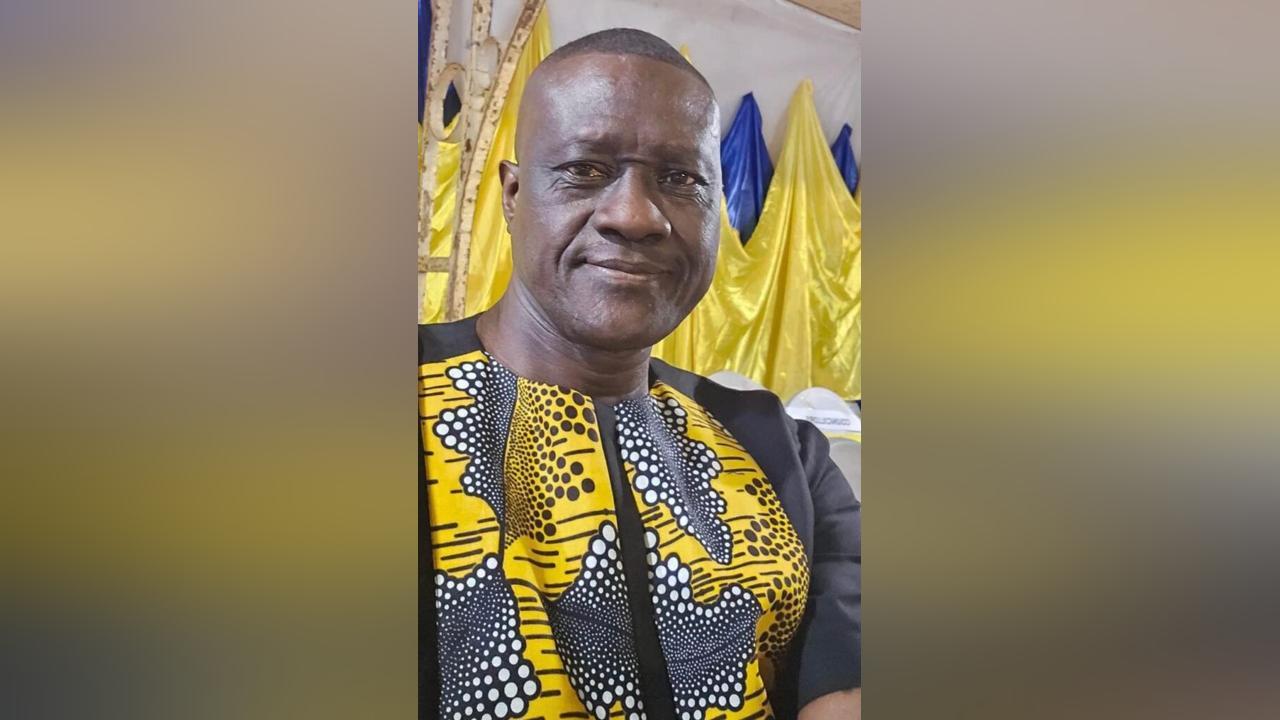Africa-Press – Gambia. Tombong Saidy, UDP Administrative Secretary for Media and Communication.
Since President Adama Barrow assumed power, Gambians have endured an unrelenting surge in the cost of living, with prices of basic food, rent, and essential services skyrocketing to unprecedented levels. The United Democratic Party (UDP), as the voice of the people, condemns this administration’s blatant disregard for ordinary citizens, whose lives grow harder by the day under policies that prioritize luxury for the elite over dignity for the masses.
From market stalls to household kitchens, Gambians are reeling under the weight of hyperinflation. A 50kg bag of rice, once affordable at D1,200, now exceeds D3,000. Onions, a kitchen staple, have tripled in price to D900 per bag. Even coconuts, a symbol of local abundance, now cost D75 each—up from D30 in 2020. Cooking oil, bread, house rent, and fuel prices follow the same trajectory, with petrol hitting D81 per litre, resulting in high public transport fares. Cash-power and water tariffs have risen by over 60% since 2020, forcing families to choose between lighting their homes and feeding their children. The ordinary Gambians are merely surviving, not living.
In the Greater Banjul Area, like Banjul, KMC and Brikama, landlords exploit the housing shortage by raising rents regularly. A single-room apartment now costs D5,000–D8,000 monthly, up from D2,500 in 2021 and to add salt to injury, landlords are demanding six months rent in advance. Despite pledging “affordable housing,” the Barrow government has failed to launch a single low-income housing project. President Barrow cares more about buying luxury vehicles and constructing VIP lodges for ministers than shelters for the poor. This is governance without compassion.
The Gambian dalasi’s catastrophic depreciation has hit record lows, trading at D620 for 5000 CFA Franc, a 35% drop since 2020. With The Gambia reliant on imports from Senegal, this collapse has spiked prices for goods like cement, condiments, fruits and vegetables etc. With Tobaski just around the corner, one wonders how much a ram will cost.
Meanwhile, groundnut farmers, the backbone of rural economies, face betrayal. While Senegal raised groundnut prices to CFA 300/kg, Barrow’s government froze Gambian rates at D28,000 per ton—ignoring rising fertilizer and labour costs. Farmers are abandoning their fields to go to Europe through the backway and losing their lives in the process. This is economic sabotage by President Barrow.
While ordinary Gambians struggle, President Barrow and his cabinet have repeatedly raised their own salaries. The president’s monthly earnings now exceed D500,000, while ministers enjoy luxury vehicles and overseas trips funded by taxpayers. In stark contrast, nurses, teachers, the police, soldiers, and civil servants endure low wages, with many earning less than D10,000 monthly. This is a government of greed, not governance, Barrow’s legacy is one of self-enrichment and broken promises.
Even public healthcare, once a lifeline for the vulnerable, has become unaffordable. Consultation fees at major hospitals like EFSTH, Bansang, and even small public health centres have been increased from D25 to D100—a cruel blow to low-income families.
The UDP urges Gambians to hold this government accountable for its failures. President Barrow has turned our nation into a marketplace of misery. We demand immediate action: stabilize the dalasi, subsidize essentials foods, and support farmers. The UDP stands ready to restore dignity and economic justice.
Finance Minister Seedy Keita blamed “global inflation” and pledged “long-term reforms. Yet Gambians have heard such excuses for six years with nothing to show but deepening poverty.
As elections approach, the choice is clear: Gambians can continue under a regime that enriches the few or embrace the UDP’s vision of inclusive growth. The time for change is now.
Tombong Saidy
UDP Administrative Secretary for Media and Communication
Source: Kerr Fatou Online Media House
For More News And Analysis About Gambia Follow Africa-Press






